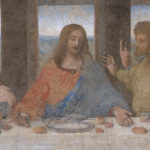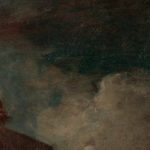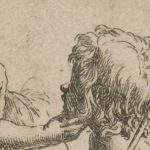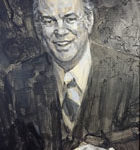
It appears clear from the first chapters of The Revelation that the letter of the Apostle, John, is written to the Church – to genuine Christians, but is available to anyone. The reader is formed in reading it, perhaps in at least having information of conflagration that is detailed in writing that closes the biblical canon. Scripture notes in a number of places that the work of God in nature (world) is a mystery, and in this writing from John the mystery is closed. A new and promising context is opened that continues human life as God meant for it to be at the initial creation represented in the Garden and the special life from God given to mankind. The… Read more






